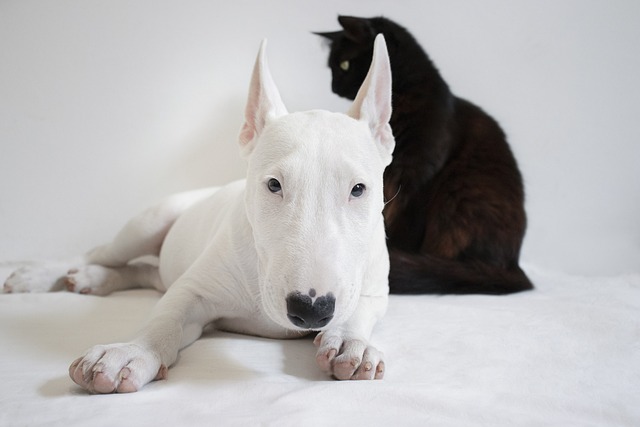You’ve lathered them up three times this week, rinsed until the water runs clear, and even used that fancy lavender shampoo they used to love—but the second they shake off, that same stubborn smell comes right back. It’s frustrating, right? You start wondering if you’re missing something obvious, or if there’s a secret trick all other dog owners know that you don’t. The truth is, over-bathing might be making the problem worse, not better—and there’s usually a deeper reason behind that persistent stench.
Most dogs only need a bath every 4-6 weeks, depending on their breed and activity level; washing them more often strips their skin of natural oils. Those oils are there to protect their coat and keep bacteria in check—when they’re gone, their skin gets dry, irritated, and more prone to yeast or bacterial infections, which smell terrible. If your pup spends a lot of time rolling in grass, dirt, or even dead leaves (we’ve all been there), they might also be picking up odors from things that stick to their undercoat, not just their skin. A quick brush after walks can help pull out debris before it sets in, saving you both from extra baths.
 Another thing to check is their ears and paws—two common trouble spots most owners miss. Floppy-eared breeds like Cocker Spaniels or Basset Hounds are prone to ear infections, which give off a musty, yeasty smell that lingers no matter how clean their coat is. Wiping their ears gently with a vet-recommended cleaner once a week can prevent buildup. Paws, too, take a beating: they step in mud, urine, and even chemicals like lawn fertilizers (which are often regulated in residential areas, so always check local guidelines before letting them roam unsupervised). Wiping paws with a damp cloth after outdoor time keeps those smells from tracking into your home—and off their fur.
Another thing to check is their ears and paws—two common trouble spots most owners miss. Floppy-eared breeds like Cocker Spaniels or Basset Hounds are prone to ear infections, which give off a musty, yeasty smell that lingers no matter how clean their coat is. Wiping their ears gently with a vet-recommended cleaner once a week can prevent buildup. Paws, too, take a beating: they step in mud, urine, and even chemicals like lawn fertilizers (which are often regulated in residential areas, so always check local guidelines before letting them roam unsupervised). Wiping paws with a damp cloth after outdoor time keeps those smells from tracking into your home—and off their fur.
It’s also worth thinking about their diet and any underlying health issues. Low-quality dog food can cause digestive problems that lead to bad breath and body odor, so swapping to a formula with real meat as the first ingredient might make a difference. If the smell is sudden or accompanied by other signs—like scratching, redness, or changes in appetite—don’t wait to see a vet. Some conditions, like thyroid issues or skin allergies, need medical treatment, and delaying care could make the odor worse. Plus, keeping up with regular vet visits is part of responsible pet ownership, which aligns with most local regulations around animal welfare.
You don’t have to keep fighting a losing battle with doggy odor. Start by cutting back on baths, checking those often-forgotten spots like ears and paws, and making sure their diet and health are in good shape. A little consistency goes a long way—soon, you’ll be able to snuggle up with your pup without holding your breath. And remember, every dog is different; what works for one might not work for another, so be patient as you figure out what your furry friend needs. They rely on you to help them feel their best, and that includes smelling fresh, too.

 Another thing to check is their ears and paws—two common trouble spots most owners miss. Floppy-eared breeds like Cocker Spaniels or Basset Hounds are prone to ear infections, which give off a musty, yeasty smell that lingers no matter how clean their coat is. Wiping their ears gently with a vet-recommended cleaner once a week can prevent buildup. Paws, too, take a beating: they step in mud, urine, and even chemicals like lawn fertilizers (which are often regulated in residential areas, so always check local guidelines before letting them roam unsupervised). Wiping paws with a damp cloth after outdoor time keeps those smells from tracking into your home—and off their fur.
Another thing to check is their ears and paws—two common trouble spots most owners miss. Floppy-eared breeds like Cocker Spaniels or Basset Hounds are prone to ear infections, which give off a musty, yeasty smell that lingers no matter how clean their coat is. Wiping their ears gently with a vet-recommended cleaner once a week can prevent buildup. Paws, too, take a beating: they step in mud, urine, and even chemicals like lawn fertilizers (which are often regulated in residential areas, so always check local guidelines before letting them roam unsupervised). Wiping paws with a damp cloth after outdoor time keeps those smells from tracking into your home—and off their fur.



